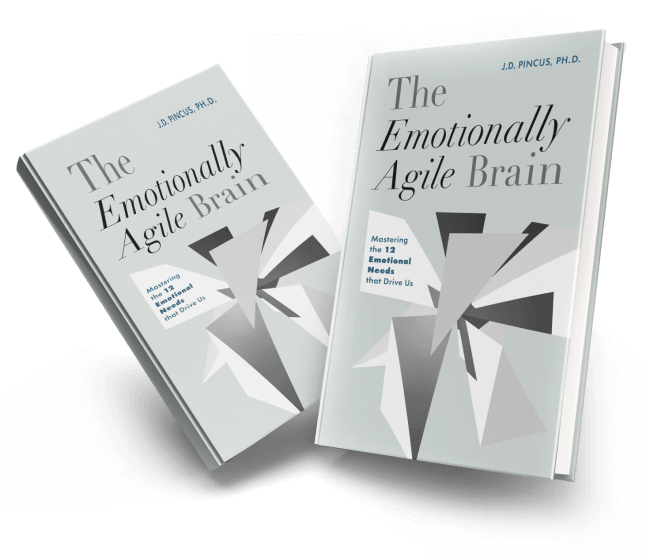
Leadership remains a major focus in both private and public sectors, with a huge investment of $356 billion in 2015. It is also the most popular topic in business books and interest in leadership is growing, as shown by increasing Google searches. However, its definition is unclear, with many different types of leadership (e.g., servant, toxic, transformational) making it complex and confusing. The field needs a unified theory to organize these various concepts.
The effectiveness of current leadership training is questionable, with low global employee engagement and only 11% of companies rating their leadership teams as strong. This indicates a problem with how leadership is understood and taught. Redefining leadership based on psychological theories of human needs to improve clarity and effectiveness is necessary for organizations now and in the future.
Leadership should be based on psychological theories of human needs, as the main definitions of leadership all relate to meeting follower needs. Adopting a needs-based framework can improve leadership theory, research methods, and practical application by providing clear definitions and a structured approach.
JD explores the impact of this approach on:
Theory: Developing better leadership frameworks and connecting leadership with organizational culture, employee well-being, and engagement.
Methods: Using a clear, structured model.
Practice: Providing practical benefits through clear definitions.
Read the Full Article on Frontiers in Psychology:
Leadership as a determinant of need fulfillment: implications for meta-theory, methods, and practice
by J.David Pincus, PhD




